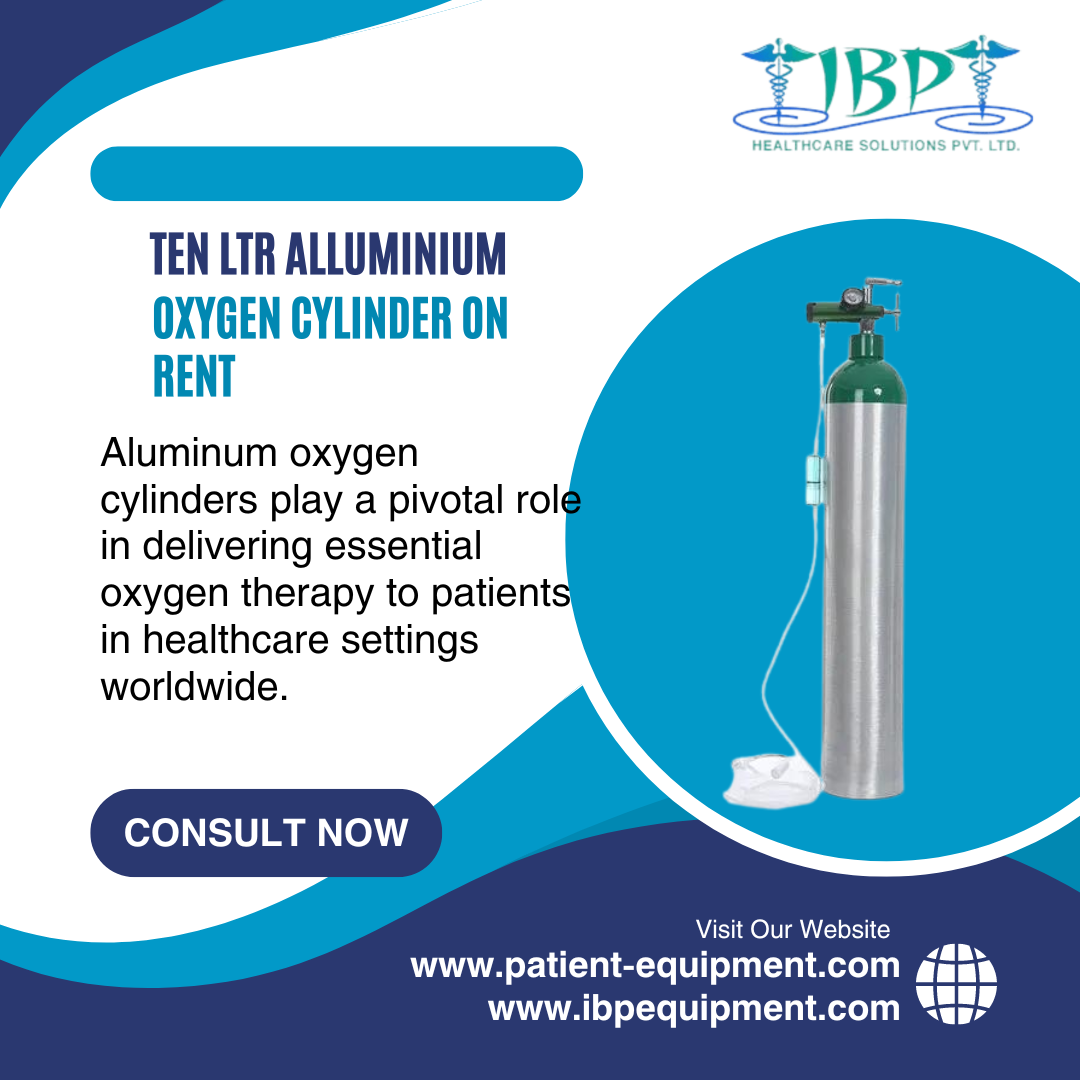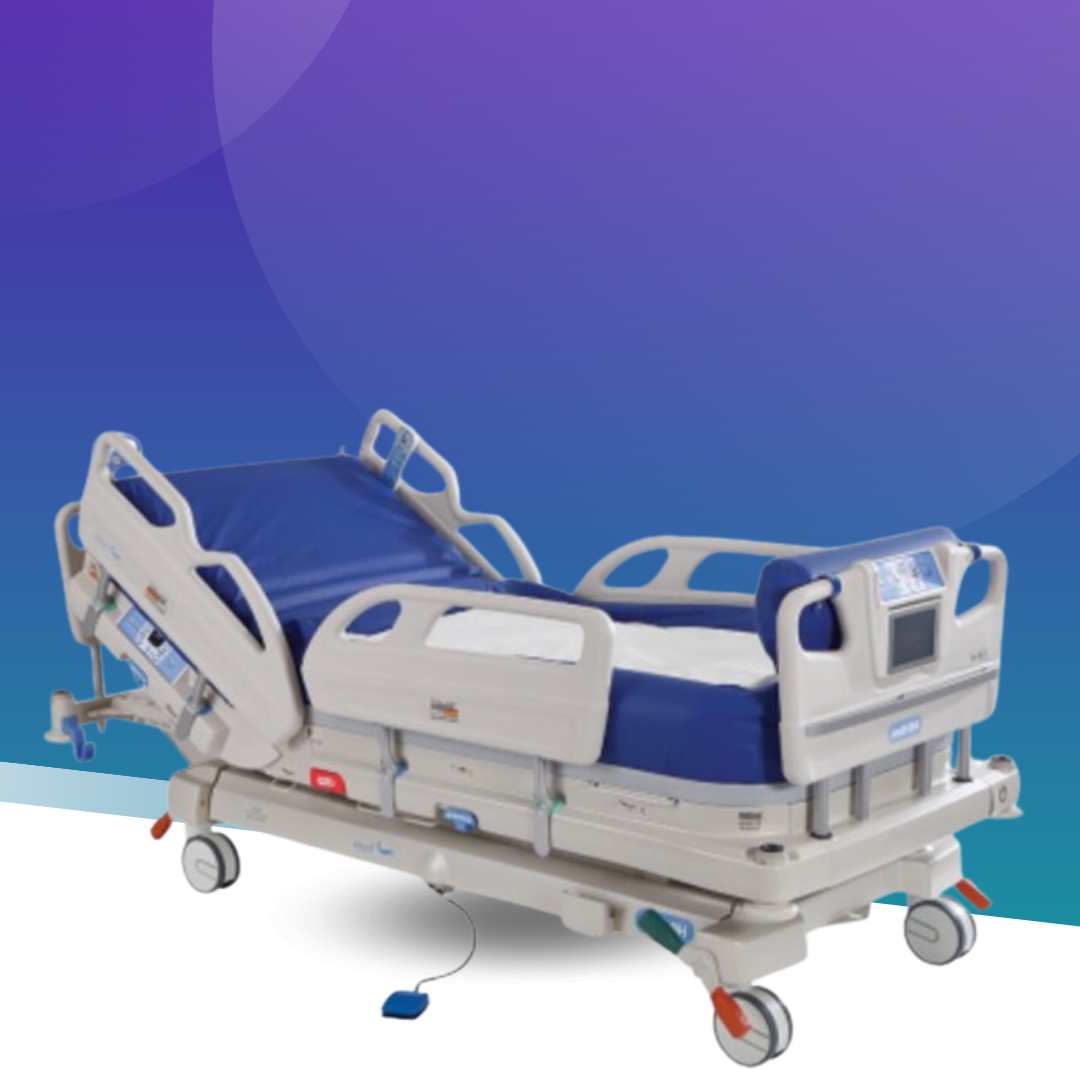
TEN LITER ALLUMINIUM OXYGEN CYLINDER ON RENT
TEN LITER ALLUMINIUM OXYGEN CYLINDER ON RENT
In the realm of healthcare, the reliance on medical
equipment and resources is paramount to ensuring the well-being of patients.
Among these vital resources, oxygen cylinders stand out as indispensable tools,
particularly for patients with respiratory conditions or those undergoing
surgical procedures. In recent times, aluminum oxygen cylinders have emerged as
a cornerstone in the provision of oxygen therapy. This article delves into the
significance, functionality, and benefits of aluminum oxygen cylinders in
healthcare settings.
Understanding Aluminum Oxygen
Cylinders:
Aluminum oxygen cylinders, also known as oxygen tanks or
canisters, are pressurized containers designed to store and deliver oxygen to
patients in need. These cylinders are typically made of high-quality aluminum
alloy, chosen for its lightweight properties, durability, and resistance to
corrosion. The construction of aluminum cylinders ensures they can withstand
the high pressure required to store oxygen safely.
Functionality and Components:
The functionality of aluminum oxygen cylinders revolves
around a straightforward principle: storing oxygen under high pressure to
facilitate its delivery to patients. These cylinders comprise several essential
components, including a valve, pressure gauge, and regulator. The valve
regulates the flow of oxygen from the cylinder, while the pressure gauge
indicates the amount of oxygen remaining inside. The regulator allows
healthcare professionals to adjust the oxygen flow rate according to the
patient's requirements.
Applications in Healthcare:
Aluminum oxygen cylinders find widespread applications
across various healthcare settings, including hospitals, clinics, ambulances,
and home care environments. They are indispensable in treating patients with
respiratory conditions such as chronic obstructive pulmonary disease (COPD),
pneumonia, asthma, and respiratory failure. Moreover, aluminum oxygen cylinders
play a critical role during surgical procedures, providing supplemental oxygen
to patients undergoing anesthesia.
Portability and Convenience:
One of the significant advantages of aluminum oxygen
cylinders is their portability and convenience. Unlike larger oxygen tanks,
which may be cumbersome and challenging to transport, aluminum cylinders are
lightweight and compact. This portability enables healthcare providers to
administer oxygen therapy efficiently, both within healthcare facilities and
during patient transfers. Additionally, patients who require oxygen therapy at
home can benefit from the convenience of aluminum cylinders, allowing them to
maintain their mobility and independence.
Safety Measures:
Ensuring the safety of patients and healthcare professionals
is paramount when using aluminum oxygen cylinders. Strict safety measures and
protocols are in place to mitigate any potential risks associated with handling
and storing these cylinders. Proper training is provided to healthcare staff
regarding the correct handling procedures, storage requirements, and emergency
protocols. Additionally, regular maintenance and inspection of cylinders are
essential to identify any defects or signs of wear that may compromise their
integrity.
Advantages Over Steel Cylinders:
While steel cylinders have been traditionally used for
storing medical gases, aluminum oxygen cylinders offer several advantages that
make them increasingly preferred in healthcare settings. Firstly, aluminum
cylinders are significantly lighter than their steel counterparts, making them
easier to transport and handle. This weight reduction contributes to improved
ergonomics and reduces the risk of strain-related injuries among healthcare
professionals. Additionally, aluminum cylinders are more resistant to
corrosion, ensuring the purity of the stored oxygen and extending the lifespan
of the cylinder.
Environmental Considerations:
In addition to their functional benefits, aluminum oxygen
cylinders also present environmental advantages. Aluminum is a highly
recyclable material, and the recycling process consumes significantly less
energy compared to producing new aluminum. By promoting the recycling of
aluminum cylinders, healthcare facilities can minimize their environmental
footprint and contribute to sustainable practices. Furthermore, the lightweight
nature of aluminum cylinders results in lower fuel consumption during
transportation, further reducing greenhouse gas emissions.
Cost-Effectiveness:
From a financial standpoint, aluminum oxygen cylinders offer
cost-effective solutions for healthcare providers. While the initial investment
may be slightly higher compared to steel cylinders, the long-term benefits
outweigh the upfront costs. The lightweight design of aluminum cylinders
translates to lower transportation and handling expenses. Moreover, their
durability and resistance to corrosion reduce the frequency of replacements,
ultimately saving healthcare facilities money in the long run.
Conclusion:
Aluminum oxygen cylinders play a pivotal role in delivering
essential oxygen therapy to patients in healthcare settings worldwide. Their
lightweight construction, portability, and durability make them indispensable
tools for healthcare providers, ensuring prompt and effective treatment for
patients with respiratory conditions. As the healthcare industry continues to
evolve, aluminum oxygen cylinders stand as a testament to innovation and
efficiency, safeguarding the well-being of patients and advancing medical care.
 (1).png)

.png)
.png)
.png)
.png)
.png)
.png)
.png)

Enquiry Now